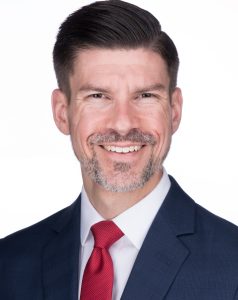 Matthew Sanders
Matthew Sanders
Federal Aviation Administration – Flow Management Data and Services (FMDS)
FAA TFM-AID Challenge Chairman
Matt Sanders is the acquisition lead for the Flow Management Data and Services (FMDS) Program. He joined the FAA in 2020 and has 19 years of program management, system implementation, operations and maintenance, investment analysis, and risk management for the FAA. His experience includes directly deploying capabilities to the field: implementing the Surveillance and Broadcast Services (SBS) ground infrastructure and integrating it with all deployed surface surveillance systems, realizing operational Automatic Dependent Surveillance- Broadcast (ADS-B) Out capability on airport surface vehicles, and completing the NAS-wide deployment of the Low Altitude Authorization and Notification Capability (LAANC) to FAA and contract air traffic facilities. His current responsibilities include planning and executing the large-scale system acquisition of FMDS to replace the FAA’s Traffic Flow Management System.
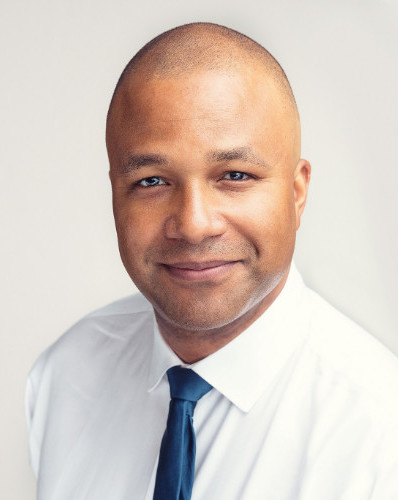 Wayne Hubbard
Wayne Hubbard
Federal Aviation Administration – Air Traffic Control Systems Command Center (ATCSCC)
Wayne Hubbard is a National Traffic Management Officer at the Air Traffic Control Systems Command Center. His work focuses primarily on strategic and tactical management of National Airspace System Operations. Wayne supports development for Traffic Flow Management, Trajectory Based Operations, Space Operations, and future capabilities for deployment into the NAS. His FAA background is in Enroute Air Traffic Control, and he holds a BS in Airport Management from Vaughn College of Aeronautics.
 Keshawna Tyler
Keshawna Tyler
Federal Aviation Administration – Headquarters Technical Advisory Group
Keshawna Tyler is a Supervisory Traffic Management Coordinator with the Federal Aviation Administration. She began her career as an air traffic controller in 2008 at Albuquerque Air Route Traffic Control Center (ARTCC). Ms. Tyler FAA career has included positions as a Traffic Management Coordinator and an Operations Supervisor at Atlanta and Houston ARTCC. Currently, she is in on a detail to FAA Headquarters, working with the Technical Advisory Group.
Ms. Tyler was an educator in Atlanta, GA for five years prior to joining the FAA.
 Ben Willems
Ben Willems
Mosaic ATM
Miro Lehky is a principal engineer at Mosaic ATM in Leesburg, VA. As a Principal Engineer, he provides technical leadership in the Traffic Flow Management and airline operations domains. Miro has a background in traffic flow management (TFM) systems and operations, having previously been the project lead for various Traffic Flow Management System (TFMS) client applications including Flight Schedule Monitor (FSM) and Real-Time Flight Schedule Analyzer (RT-FSA). He was one of the principals involved in the implementation of the Airspace Flow Program (AFP), General Aviation Airport Program (GAAP) and Unified Delay Program (UDP) concepts. Currently he is working on supporting human factors issues in the FMDS program. Previously he spent 16 years in the aviation industry primarily in airline flight operations as a dispatcher, supervisor, ground instructor, and automation systems lead. He is a certified pilot, dispatcher, drone operator, and ground instructor.
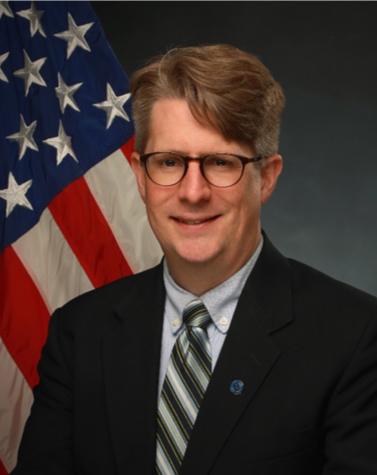 Dr. Kenneth Allendoerfer
Dr. Kenneth Allendoerfer
FAA – Human Factors Branch
Dr. Kenneth Allendoerfer is the manager of the Human Factors Branch at the Federal Aviation Administration William J. Hughes Technical Center. The branch conducts human-centered research and development in the areas of air traffic control (ATC), traffic flow management, technical operations, and unmanned aircraft systems with a goal of increasing aviation safety and improving human-system performance.
Dr. Allendoerfer has led human factors activities supporting many of the major ATC automation and communication systems used today nationwide, including the Standard Terminal Automation Replacement System (STARS). His research focuses on developing effective human-machine interfaces, helping users manage data-intensive environments, and improving the interactions between humans and highly automated systems.
Outside of work, Dr. Allendoerfer is deeply involved in improving educational opportunities in his community. He is an FAA Aviation STEM ambassador and speaks regularly to schools and community groups about aviation and research. He is the lead organizer and coach for the Odyssey of the Mind creative problem-solving program in his hometown, Collingswood, New Jersey, and President of the Board of Trustees of the Collingswood Public Library. He is an active member of the Human Factors and Ergonomics Society and a part-time lecturer at Rutgers University in experimental psychology.
He holds a BA in psychology from Carleton College, an MA in psychology from SUNY Buffalo, and a Ph.D. in information science and technology from Drexel University.
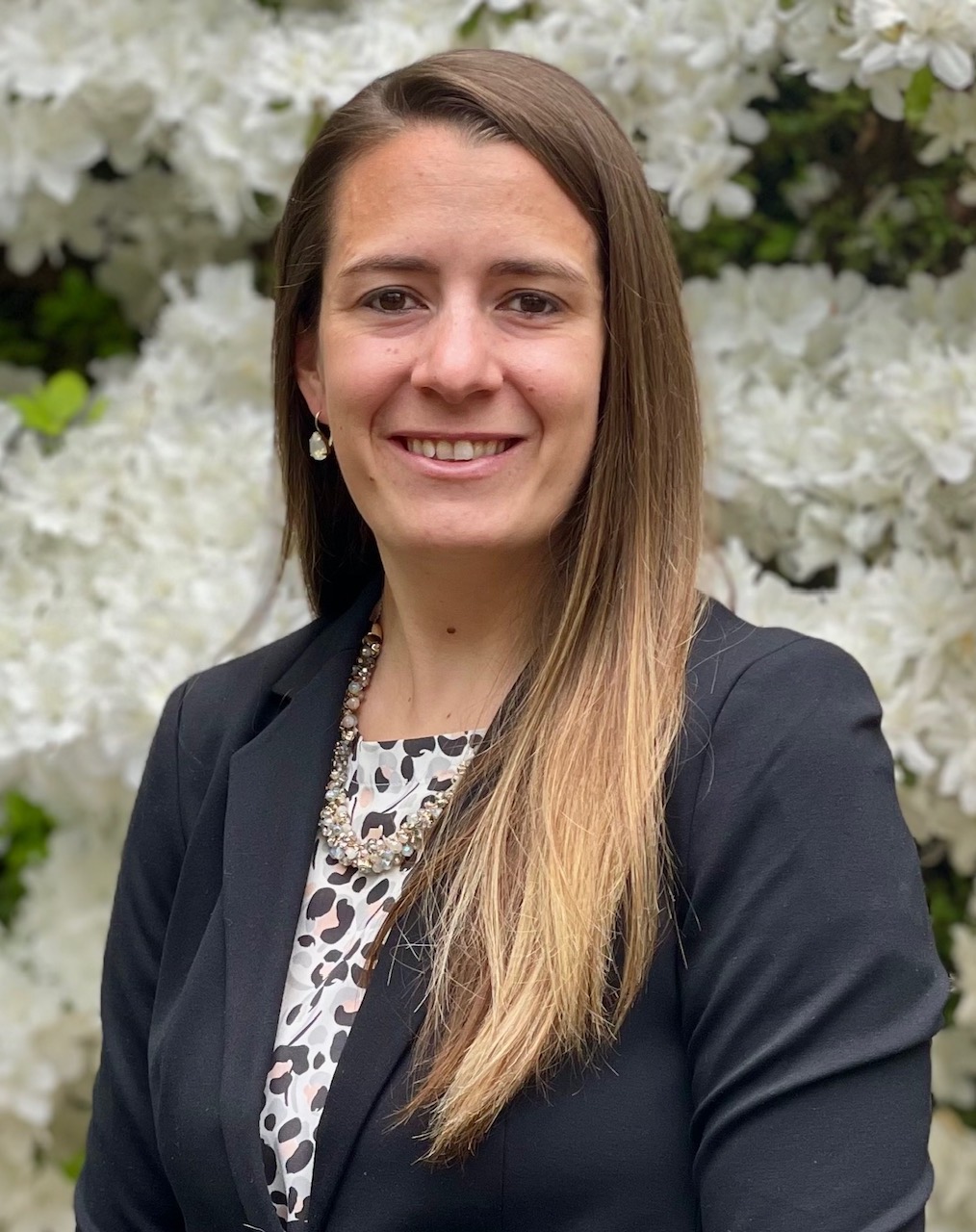 Melissa Brown
Melissa Brown
MITRE – Center for Advanced Aviation System Development (CAASD)
Melissa Brown is a senior member of the technical staff at MITRE’s Center for Advanced Aviation System Development (CAASD) in McLean, VA. As a Principal Aviation Systems Engineer, she provides technical and thought leadership in the surface, airport operations, and Air Traffic Control Tower (ATCT) domains. Melissa has a background in traffic flow management (TFM) systems and operations, with focus on the departure aspect of the operations. She serves multiple roles on the FAA’s Terminal Flight Data Manager (TFDM) program on the system engineering team, including design, development, and test. She is also actively engaged in airport surface stakeholder Collaborative Decision Making (CDM) community, serving as a member of the TFDM Collaborative Site Implementation Team (CSIT) to support joint efforts between the FAA and industry to prepare for the deployment of TFDM. Melissa also has a background in the integration of the “3T Systems” (TFDM, Traffic Flow Management System (TFMS), & Time-Based Flow Management (TBFM)) and Trajectory Based Operations (TBO).
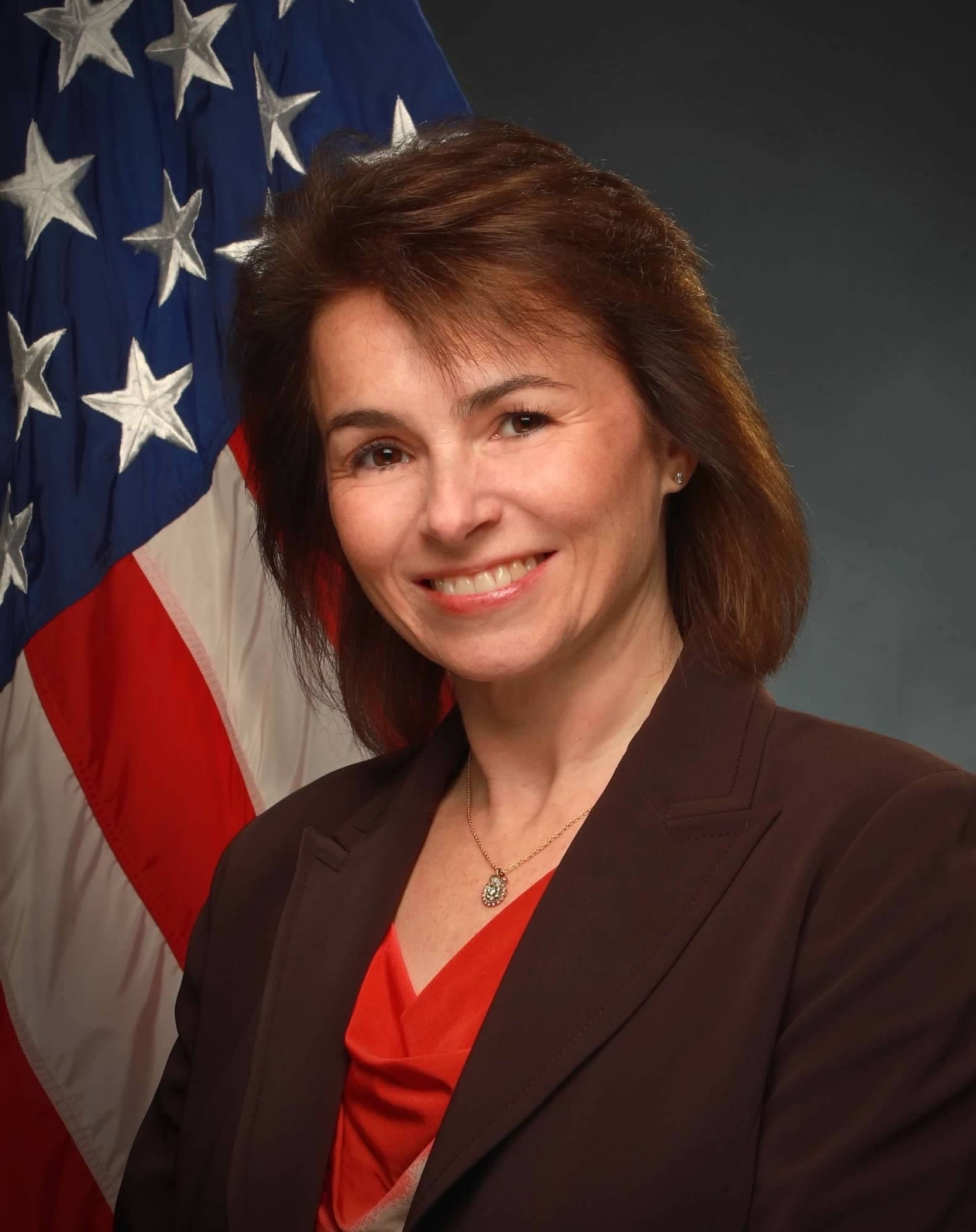 Tanya Yuditsky
Tanya Yuditsky
Federal Aviation Administration – Human Factors Branch
Dr. Tanya Yuditsky is an Engineering Research Psychologist with the Human Factors Branch at the Federal Aviation Administration (FAA) William J. Hughes Technical Center. Her work focuses primarily on supporting acquisition programs and ongoing development of existing systems. She has led human factors activities in support of the Traffic Flow Management System for over twenty years. Dr. Yuditsky has recently applied her interest in traffic flow management to a multi-phased research study investigating impacts of Trajectory Based Operations on Traffic Managers.
Dr. Yuditsky has also supported the design of systems for Technical Operations, space operations, and other FAA users. She holds a BA in Psychology and a Ph.D. in Cognitive Psychology from New York University.
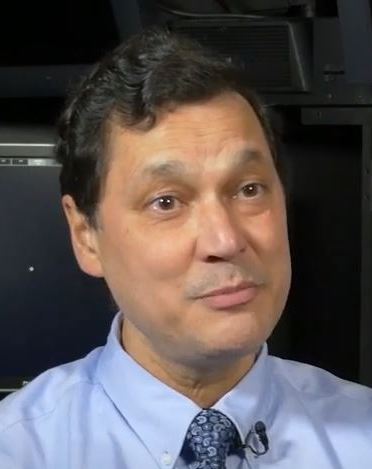 Ben Willems
Ben Willems
Federal Aviation Administration – Research, Development, and Human Factors Laboratory
Ben Willems is an Engineering Research Psychologist, currently serving as the Human Factors Lead within the Planning and Analysis Team for the Program Management Organization (PMO). His work includes the implementation of a Human Factors Engineering Framework to guide new acquisition program in applying human factors early, continuously, and consistently. He also supports program offices in sustaining and enhancing existing systems.
Prior to joining the PMO within the Air Traffic Organization, Mr. Willems led several research programs with the Human Factors Branch at the Federal Aviation (FAA) William J. Hughes Technical Center and served as the Human Factors Lead on Next Generation Air Transportation System (NextGen) projects as well as operational risk mitigation studies. He often works with multidisciplinary teams that include human factors researchers and practitioners, operational subject matter experts, and computer scientists. Mr. Willems prides himself of applying advanced human factors tools (including electrooculography, electroencephalography, and functional near infrared oxygenation measures) in highly complex air traffic control laboratory environments. Research programs included Display System Automation Research and the Future En route Automation Workstation Studies. The NextGen projects included Separation Management – Modern Procedures and the Conflict Resolution Advisory projects. Operational risk mitigation studies included assessments of Time Based Flow Management Multiple Metering Streams and of Established on Departure Procedures.
